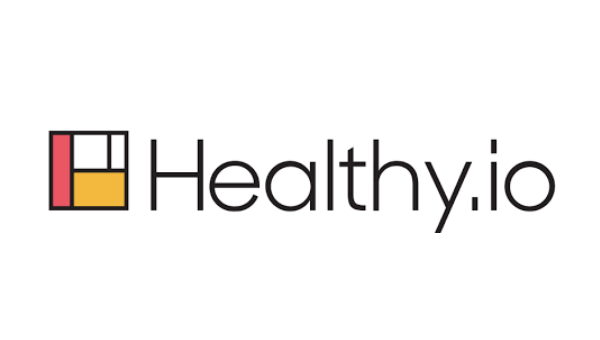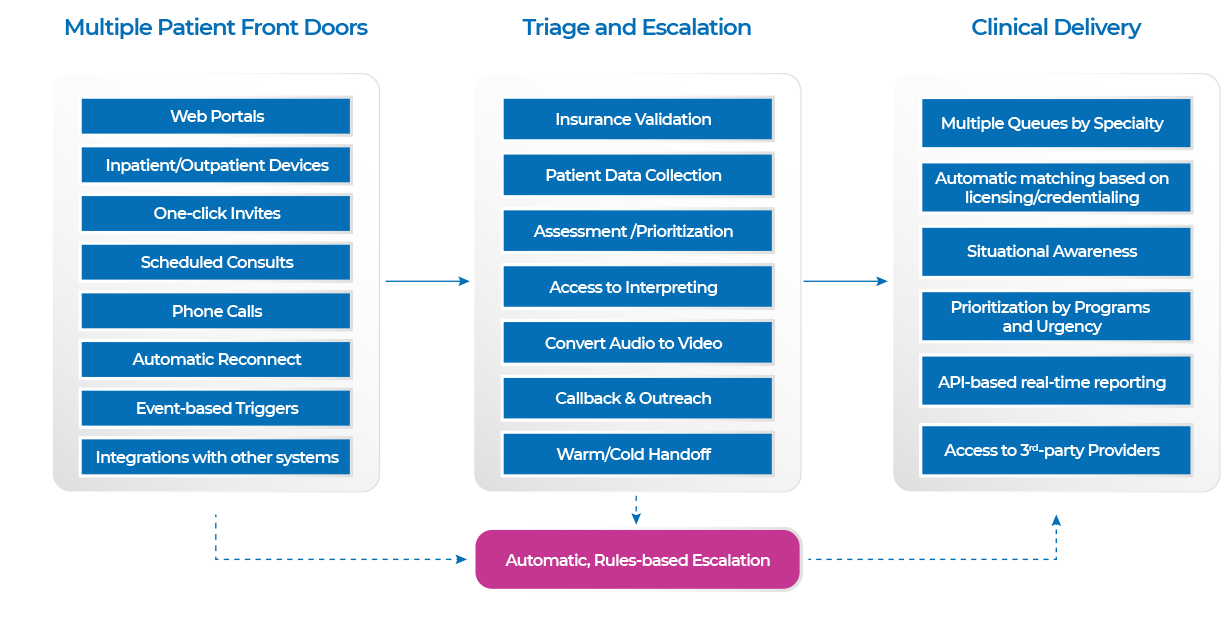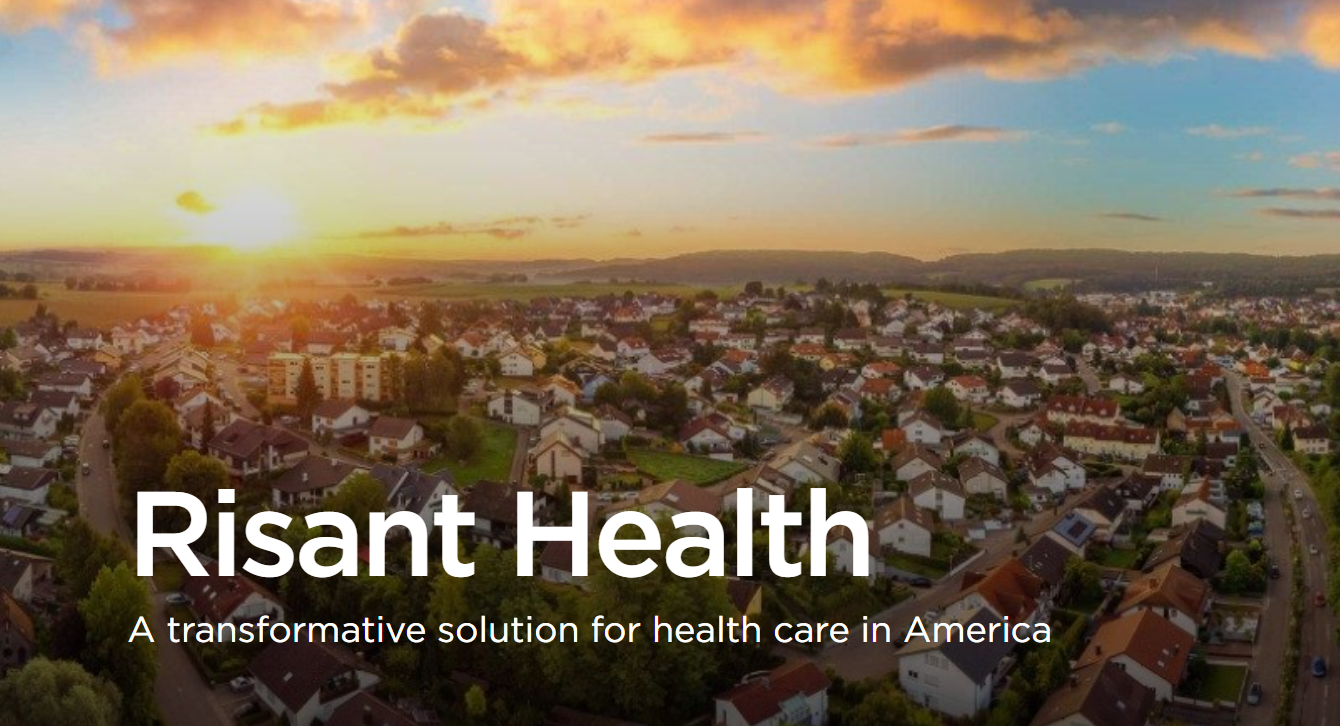Have you searched for something on a company’s website, then given up and called to speak to a customer service representative when you couldn’t find the answers you were looking for?
This experience is all too common – especially in healthcare.
Since 2020, digital front doors (DFDs) have become increasingly popular. And with the healthcare staff shortage projected to continue—and even worsen through at least 2025—digital entry points into healthcare for patients are more important
Read More
Health Systems| Integrated Delivery Network (IDN) | News, Analysis, Insights - HIT Consultant
Roundups: HealthJoy Expands Partnership With Teladoc Health, Oura, Other Strategic Partnerships
Roundup summary of recent digital health strategic partnerships:
HealthJoy, Teladoc Health Launch Virtual Primary Care
HealthJoy, a benefits navigation platform that amplifies employer benefit strategies expands its partnership with Teladoc Health to introduce virtual primary care. HealthJoy Virtual Primary Care, powered by Teladoc Health, provides a fully integrated primary care experience that supports members throughout their entire healthcare journey. The solution will further
Read More
4 Keys to Modernizing Public Health Data Collection and Analysis
The COVID-19 pandemic shined a spotlight on the urgent need to modernize the nation’s public health system. Despite success in rapidly developing vaccines, the unprecedented public health emergency also exposed significant gaps in U.S. public health infectious disease data collection and analysis methods which are critical for identifying behavioral risk factors and preventive actions.
The Problem
Unfortunately, inefficiency remains a hallmark of the U.S. public health surveillance system
Read More
The Next Era of Healthcare Will Be Built On These 3 Principles
The U.S. healthcare industry has hit an important inflection point. The global pandemic highlighted an increased need to deliver quality patient care. However, outdated, legacy technology is straining many health systems, and in some cases, exaggerating existing problems such as rising operational costs and high rates of attrition.
Health and hospital systems must take a purposeful approach to IT modernization — which includes embracing new technologies — to ensure success. And while each IT
Read More
IT Infrastructure: Creating A Culture of Security In Your Hospital & Health System
It’s a fact: More than 80% of data breaches involve a human in some way. That could involve someone falling for a spear-phishing campaign designed to solicit credentials, clicking on a malicious link, or a simple error that leaves a security vulnerability open to bad actors. Creating a culture of security in your organization will keep security at the forefront of everything from operations to care delivery.
Monitoring and maintaining the security of IT infrastructure is often overemphasized
Read More
Healthy.io Secures $50M to Expand Smartphone Kidney Test
What You Should Know:
Healthy.io, the global leader in transforming the smartphone camera into a clinical-grade device, raises $50M in a Series D funding round led by Schusterman Family Investments and is joined by Aleph and other existing shareholders. This investment, together with a previously unannounced $45 million February 2022 investment, comprises the company’s Series D.The Series D round will support Healthy.io’s expansion across the U.S. market, where Minuteful Kidney™, the
Read More
M&A: eVisit Acquires Bluestream Health
What You Should Know:
- eVisit, a virtual care operating platform for health systems and large, complex healthcare delivery organizations acquires Bluestream Health, a digital front door and virtual care workflow solution that manages patient and provider interactions throughout the care delivery process.
- Financial terms of the acquisition were not disclosed.
Acquisition Brings Virtual care to Patients
eVisit augments its highly innovative capabilities with complementary digital
Read More
How Digital Transformation is Accelerating Healthcare and the Impact on Hospitals in the Future
The pandemic has accelerated the adoption of digital health technologies across the healthcare industry. Digital transformation is now the top priority for many healthcare leaders as they seek to build resilient systems. At its core, this means implementing emerging digital technologies to modify essential operations, processes, and services to ease staff workload and withstand future challenges.
The primary drivers of digital transformation are consumerism, cost, and experience/expectations,
Read More
Consumer Trust: How Healthcare Organizations Can Build Confidence with AI
Trust is a vital component of healthcare. It impacts whether someone shows up for a doctor’s appointment, follows their treatment plan, or plays an active role in their health.
But building trust doesn’t just happen at the front counter, inside the doctor's office, or in face-to-face interactions. Increasingly, consumers are interacting with their health plans through online and mobile touchpoints — and these virtual experiences are no less crucial to building trust than in-person
Read More
M&A: Kaiser Acquires Geisinger, Forms Risant Health
What You Should Know:
Kaiser Foundation Hospitals and Geisinger Health are teaming up to launch Risant Health and a definitive agreement to make Geisinger the first health system to join Risant Health to expand access to value-based care in more communities across the country. Upon regulatory approval, Geisinger becomes part of the new organization through acquisition.Risant Health is a new nonprofit organization, created by Kaiser Foundation Hospitals, to expand and accelerate
Read More










